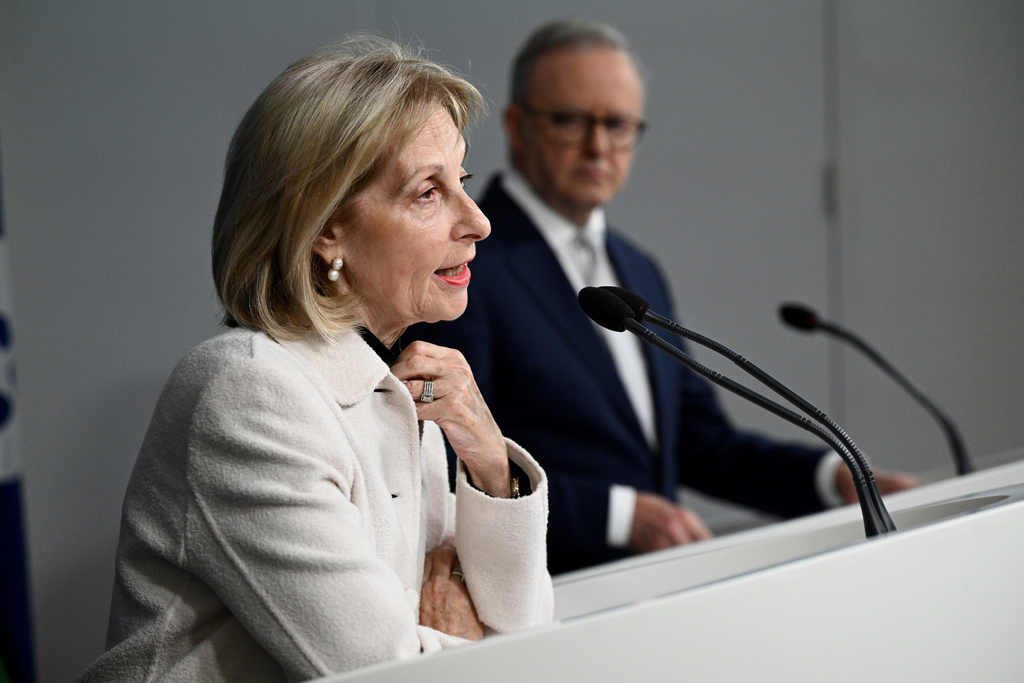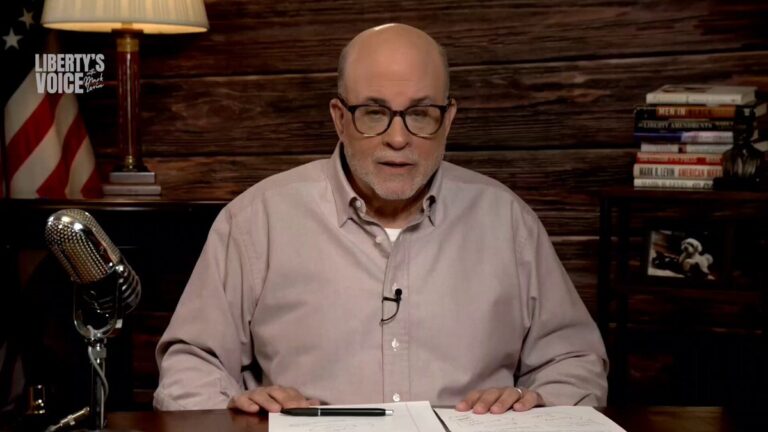Australia’s Special Envoy for Combating Antisemitism, Jillian Segal, has released a sweeping national action plan aimed at rooting out anti-Jewish hatred across every sector of society — from classrooms and courtrooms to social media feeds and the national immigration system.
The 20-page report, released Thursday, outlines 49 targeted reforms across 13 key areas, marking the most ambitious government-led initiative ever undertaken in Australia to fight antisemitism. The plan follows a year-long inquiry sparked by a disturbing surge in antisemitic hate crimes, online vitriol, and institutional indifference.
“Antisemitism is not just a Jewish problem — it’s a threat to democracy, social cohesion, and the values we claim to uphold,” Segal said. “This is a wake-up call.”
Among the boldest proposals: a revamp of federal and state hate speech laws to crack down on serious vilification, Nazi symbols, threatening protests, and incitement of violence. The plan also calls for the creation of a national database of antisemitic incidents, providing real-time, publicly available data on threats, assaults, and hate speech.
Crucially, Segal recommends that all levels of government formally adopt the International Holocaust Remembrance Alliance’s working definition of antisemitism, establishing a uniform legal and institutional benchmark.
Segal’s plan zeroes in on education as a key battleground, noting research that shows younger Australians are more likely to harbor antisemitic views.
Mandatory Holocaust and antisemitism education would be embedded in the national school curriculum, and teachers would be given tools to “understand, recognize, and refute antisemitism.” Universities will face a new report card system to measure how effectively they handle antisemitism complaints. Institutions that fail may face cuts to public funding.
The report also proposes revoking arts and research grants and tax-deductible status for charities that platform or tolerate antisemitic rhetoric — a move that could shake the academic and cultural sectors.
Online platforms are called out directly, with Segal labeling them “major vectors of hate.” The action plan demands increased transparency around social media algorithms, restrictions on bots used to amplify hate, and the establishment of cross-border standards for content moderation. It also flags the risks posed by artificial intelligence in spreading antisemitic content and conspiracy theories.
The plan calls for screening visa applicants for antisemitic views or affiliations, warning that extremist ideologies are being imported under the guise of multiculturalism. It also recommends investigations into foreign funding of universities suspected of promoting radical ideologies.
The plan also offers renewed government support for Jewish institutions, cultural programs, and security infrastructure, alongside incentives to rebuild interfaith initiatives and reconnect the broader community with Jewish creatives and cultural voices.
Segal emphasized that combating antisemitism isn’t just about enforcement. “We must build a society where being openly Jewish is not an act of courage,” she said.
(YWN World Headquarters – NYC)











